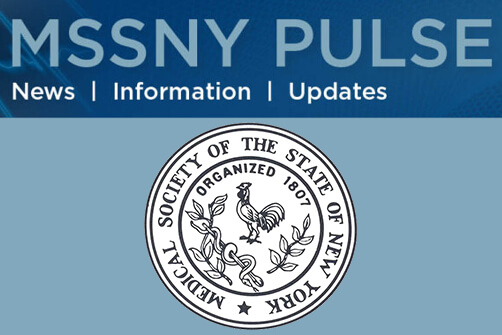
Residency Applications Rise 4%
TAccording to a survey conducted by the National Resident Matching Program (NRMP), a record number of medical residency applicants have submitted their program rankings for the 2023 match. The survey found that 52,484 applicants submitted a program list, representing a 4% increase from the previous year. The increase in applicants can be attributed to various factors, including the COVID-19 pandemic and medical school enrollment. The specialties with no available positions include anesthesiology, emergency medicine, family medicine, internal medicine, neurology, obstetrics and gynecology, orthopedic surgery, pediatrics, psychiatry, and surgery.
Record number of residency matches notched for 2023 (Mensik, Healthcare Dive, 3/20).

Share
Health Commerce System – New Enhancements and Security Features The Department of Health is updating its Health Commerce System (HCS) to enhance security and improve user experience. Starting May 9th, 2024, you’ll see improvements to our “Forgot Password” feature and login interface. For further details and assistance, click here.
DEA Announces Move to Reclassify Marijuana from Schedule I to Schedule III Colleagues: On April 30, the DEA announced a move to reclassify Marijuana from Schedule I to Schedule III, alongside Ketamine and some anabolic steroids. This would recognize the use of medical marijuana and make it easier to conduct research, but marijuana would not […]
LaughMD App Pioneers Laughter as Billable, Scalable, Evidence-based Medicine LaughMD is improving the approach to healthcare and wellness in hospitals, dialysis clinics and oncology facilities, bringing laughter right to the bedside of patients and into the daily routines of healthcare staff. With a powerful blend of clinical research and innovative technology, LaughMD offers a unique solution to combat […]
California and Oregon Push Toward Universal Healthcare California and Oregon, in response to the federal healthcare policy gridlock, have taken significant steps toward establishing universal healthcare coverage. These states have enacted laws that mandate creating publicly financed, universal coverage systems. These reforms promise substantial cost savings and improved healthcare access for all residents. However, the […]





